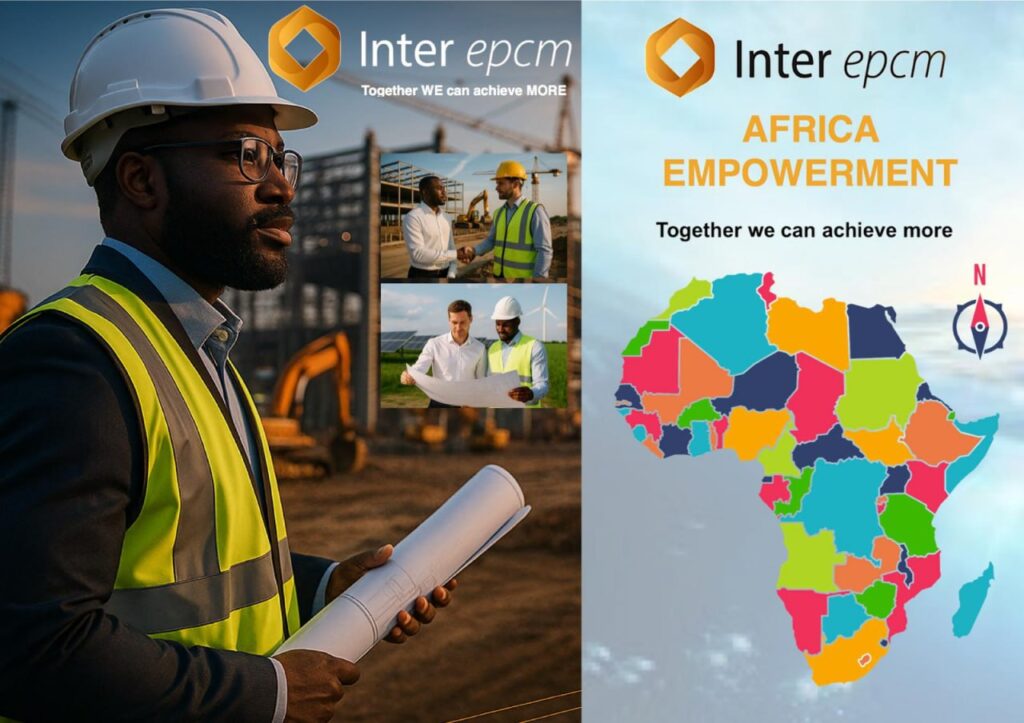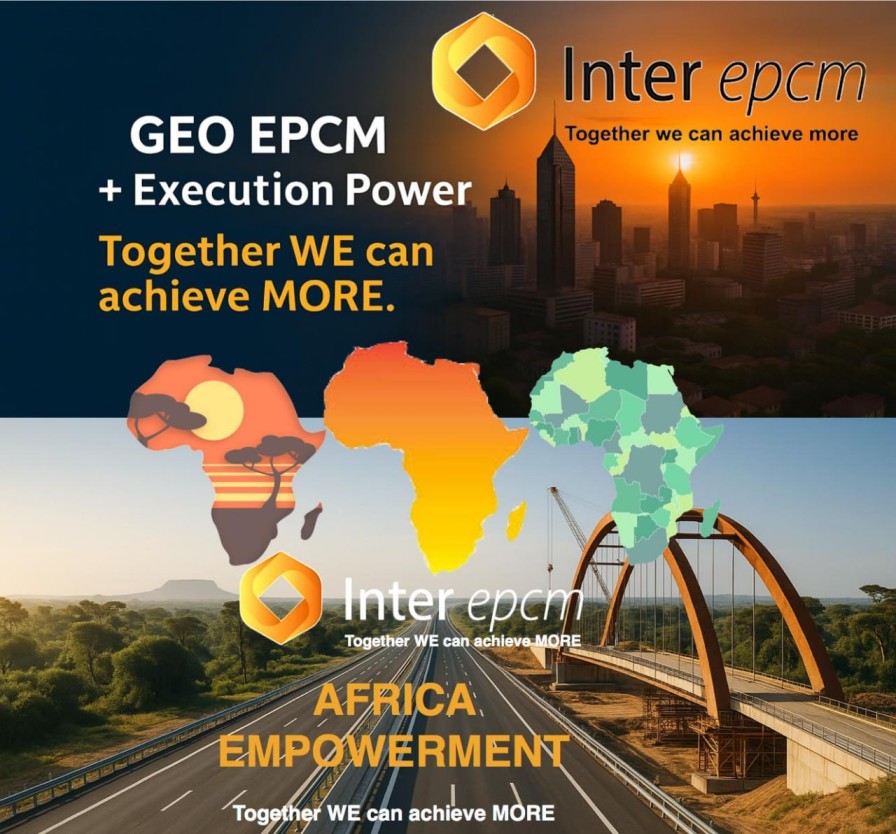Capitalethiopia | November 2025
Ethiopia faces a choice: How does it build lasting industrial power without repeating historical patterns of external control and limited local ownership?
INTER EPCM, a German-Serbian Engineering, Procurement, and Construction Management company, proposes a different model – genuine partnership where Ethiopia maintains control, Ethiopian engineers gain world-class expertise, and profits remain local.
The approach is gaining traction with development banks across Africa. What makes it fundamentally different from traditional development models?
The Familiar Problem
When European construction companies bid on Ethiopian projects, costs shock: often double or triple local rates. International standards come with international price tags. When projects end, expertise leaves.
Hire locally and costs are manageable – but maintaining international quality standards? Managing complex supply chains? Local expertise often falters.
Consulting firms deliver plans, not execution. They don’t take responsibility.
INTER EPCM’s CEO Aleksandar Obradović identifies the core problem: “Every model has fatal flaws. International companies extract value through high costs. Local companies cut corners on quality. Consultants provide plans nobody executes. We manage international standards and local realities – while keeping Ethiopia in control and building your people’s capacity to eventually lead independently.”
Foto: Modern manufacturing facility with Ethiopian technicians operating and maintaining machinery alongside European specialists
Caption: “Partnership in practice: Ethiopian engineers gaining world-class expertise through hands-on training and mentorship”

The Model: Ethiopian Control, Professional Execution
INTER EPCM coordinates all phases transparently. Ethiopia maintains decision authority. They handle complexity – engineering coordination, material sourcing, construction management, quality control – while training your workforce to international standards.
The strategic outcome: Within 5-10 years, Ethiopian engineers independently lead complex industrial projects across East Africa. That’s the business model.
INTER EPCM establishes permanent Engineering Hubs across East Africa, with Ethiopia as primary location. These centers permanently employ Ethiopian engineers who work alongside international specialists, gain certifications, and gradually assume full project leadership.
Real Results: Factory Modernization
An aging Ethiopian manufacturing facility needed modernization – outdated machinery, high energy costs, safety problems. But shutdown was impossible. Workers needed jobs.
INTER EPCM coordinated phased modernization. New machinery installed during production shifts. Production continued throughout. Simultaneously, 50 local technicians received intensive, standards-based training – not just operating equipment, but maintaining and optimizing performance.
Measurable Results:
- Production increased 35%
- Energy costs decreased 20%
- Safety incidents fell 80%
Local technicians became qualified engineers
“We transfer complete technical knowledge – engineering methodology, maintenance protocols, optimization procedures”, explains Obradović. “Your engineers become the experts. That’s sustainable business: profitable factories, real careers for your people, authentic industrial competence for Ethiopia.”
Financial Structure: True Partnership
Traditional development financing reproduces dependency: banks provide loans, countries repay for decades, external consultants oversee work, local agency remains limited.
INTER EPCM structures financing differently:
- Development banks finance 50-60% via long-term, low-cost credit
- Private investors contribute 25-35% risk capital
- Ethiopian partners invest 10-15% – with decision authority on all strategic choices
- Independent coordinator ensures professional execution
This “Blended Finance” is designed for authentic Ethiopian agency. Your professionals lead. Profits stay local. Knowledge remains Ethiopian.
Risk Management: Honest Assessment
Ethiopia’s industrial environment presents real challenges – variable supply chains, political evolution, infrastructure reliability. Professional leaders acknowledge these realities.
INTER EPCM quantifies risks before construction begins: probable delays, necessary financial reserves, external factors threatening profitability, contingency protocols.
An industrial park project illustrates practice: identified risks early – complex land-use permitting, inexperienced local construction firms, unreliable power supply. Rather than minimize risks, INTER EPCM:
- Started land negotiations one year early
- Intensively trained local construction partners
- Designed backup power generation into infrastructure
This is realism: when investing in Ethiopia, probable obstacles should be understood and strategically managed.

The Strategic Window
Two global trends create immediate opportunity.
Industrial Decarbonization: Western manufacturers must reduce carbon emissions expensively. Global demand for production remains robust. Manufacturing investment flows to efficient locations. Ethiopia – with abundant hydroelectric potential and competitive labor costs – becomes increasingly attractive.
Geopolitical Realignment: Western development actors are reallocating resources. Chinese investors, Gulf funds, and new development finance institutions are emerging. Early positioning as trusted industrial partner to East Africa yields strategic influence and returns.
The window for establishing these relationships is open now. In five years, positioning becomes more difficult.
Why This Matters
Ethiopian industrial leaders participate in the industrialization wave as active controllers of outcomes – not passive recipients of external capital. Your nation builds indigenous industrial capacity. Your companies become regionally competitive. Your workforce develops genuine expertise.
Previous industrial eras brought external investment followed by dependency and limited lasting capacity. The fundamental question: Does development build Ethiopian industrial power or merely extract value?
INTER EPCM’s model – transparent partnership, Ethiopian control, knowledge transfer, independent technical capacity – addresses that question directly.
“We don’t come as experts telling you what to do. We come as partners. Together, we succeed – or fail together.”
In emerging markets, such commitment is rare. In Ethiopia, where industrial transformation has been delayed too long, it may be essential.






